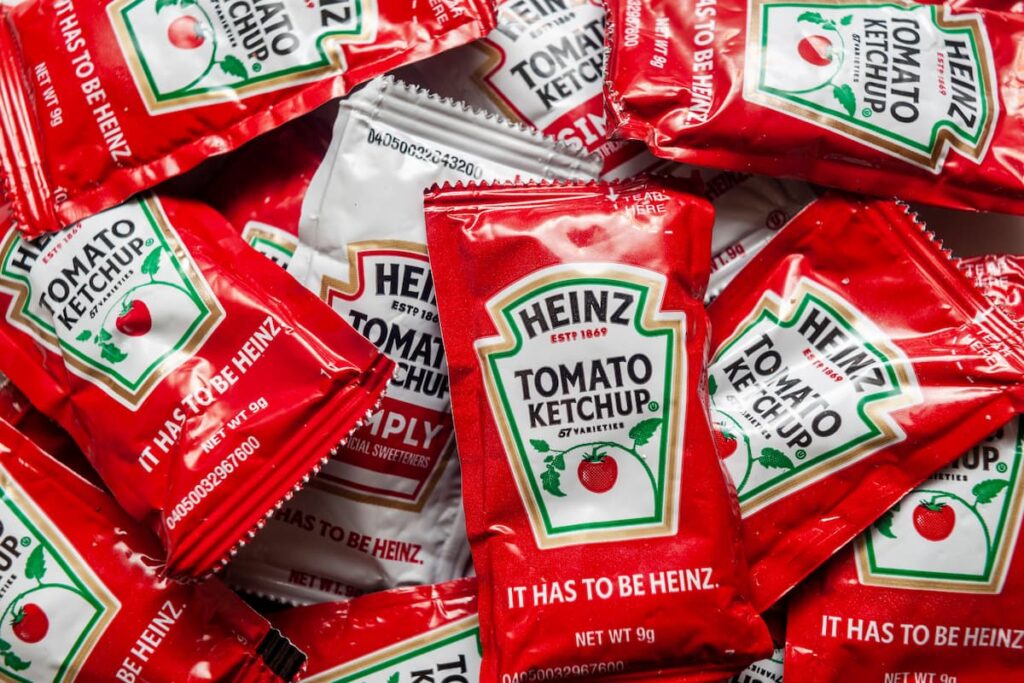Trade Policies Leave Companies Grappling With Forecasts
As tariff tensions rise under President Donald Trump’s administration, some of the world’s largest corporations are struggling to predict their financial future. Major U.S. companies are finding it increasingly difficult to evaluate how shifting trade policies might affect their earnings. With tariffs being imposed, delayed, or reversed within days, the volatile landscape is leading some businesses to issue cautionary statements, while others are withdrawing financial guidance altogether.
Executives from sectors spanning food, travel, and automotive industries are now facing pressure to answer shareholder questions about the impact of tariffs. Their responses often include a now-familiar phrase: “uncertain times.” The situation highlights the broader challenges of navigating sudden policy shifts, especially when tariffs can escalate costs throughout global supply chains.
President Trump’s administration has implemented new tariffs on key trading partners, but has also postponed others to allow room for negotiation. This erratic approach has led to widespread unease among executives and investors alike.
Food And Beverage Giants Tighten Outlooks
Kraft Heinz, the company behind household staples like ketchup and boxed pasta, recently lowered its earnings forecast, citing inflation and trade friction as key factors. CEO Carlos Abrams-Rivera stated that the company is “closely monitoring the potential impacts from macro-economic pressures such as tariffs and inflation.” Rising costs could mean steeper prices for everyday food items, worsening pressure on already stretched consumer budgets.
Coca-Cola echoed similar concerns but appeared more optimistic. The beverage giant described the impact of tariffs as “manageable,” yet it adjusted its full-year earnings projection slightly downward. A 25% tariff on aluminum used in cans poses a challenge, and Coca-Cola is exploring options like switching to glass or plastic packaging to mitigate the impact. Meanwhile, rival PepsiCo. has already lowered its profit expectations for the year, directly citing tariff pressures.
Airlines Struggle With Indirect Effects
JetBlue Airways took a more drastic step, pulling its annual financial forecast entirely. The airline cited a noticeable dip in travel bookings between January and March. President Marty St. George noted that booking strength “deteriorated into February and worsened into March,” reflecting weakening consumer confidence.
The indirect impact of tariffs on travel spending is significant. As consumer goods become more expensive due to import taxes, households often reduce discretionary spending—starting with vacations. JetBlue is now weighing capacity cuts, fleet adjustments, and cost-saving measures to offset the drop in demand. A recent report from the Conference Board reinforced these concerns, showing that consumer confidence in the U.S. economy has fallen to levels last seen during the early stages of the COVID-19 pandemic.
Automakers Face A Complex Cross-Border Crisis
For General Motors, the threat of auto tariffs adds a new layer of complexity to production planning. The automaker has delayed its earnings call to Thursday in order to re-evaluate its forecast in light of Trump’s planned executive order, which is expected to ease certain 25% tariffs on vehicles and parts.
Currently, GM estimates its annual earnings at $11 to $12 per share, but that range doesn’t yet reflect potential changes to trade policy. Automakers are especially vulnerable due to their intricate supply chains. Car components often cross international borders multiple times during production, meaning that tariffs can accumulate at various stages of the manufacturing process. The resulting price increases may lead consumers to delay or cancel new car purchases.


